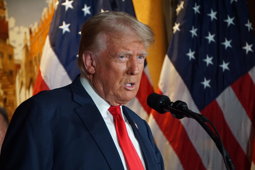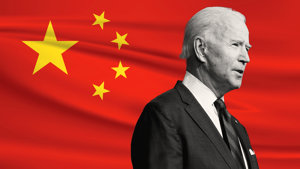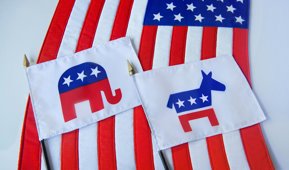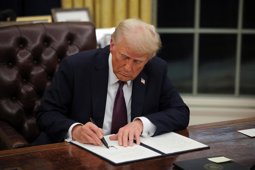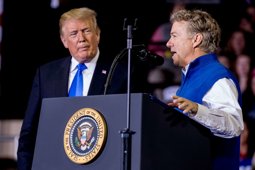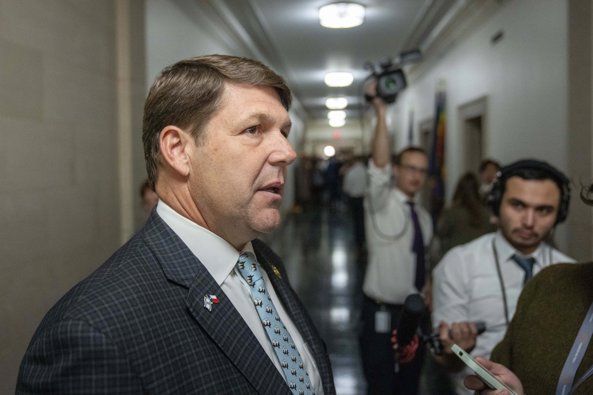
Budget Chair Rebuts Musk’s ‘Pork’ Claims in Trump Bill
House Budget Chair refutes Elon Musk’s “pork” claims, arguing Trump’s $3.3T bill contains only mandatory spending reforms.
Budget Chair Pushes Back on Musk’s Criticism
Elon Musk’s sharp criticism of President Donald Trump’s $3.3 trillion “big, beautiful bill” has been firmly rejected by House Budget Committee Chairman Jodey Arrington, R-Texas, who insists the legislation contains no so-called “pork.” Musk, who has amplified his attacks as the bill advanced through Congress, claims the bill is packed with unnecessary spending, dubbing it the work of a “Porky Pig Party.”
Arrington explained that the budget reconciliation bill cannot include “pork barrel spending,” or earmarks, because reconciliation is not the mechanism by which discretionary funds are allocated. “Reconciliation does not have anything to do with discretionary spending — earmarks, and all of that,” Arrington told reporters. “We’re dealing with mandatory spending programs — entitlements, health care, welfare and the tax code.”
Discretionary spending, Arrington clarified, refers to annual funding appropriated by Congress through regular spending bills, often directed toward specific projects or districts. By contrast, the reconciliation bill focuses on mandatory federal expenditures such as welfare programs and health care, which can only be amended by changes to the law.
“We did a responsible bill. There’s no pork in it. The question for some folks and the objective of mine and my budget committee members was, whatever we’re doing on tax or security to unleash growth and to buy greater security for the American people, we wanted it to be done in a fiscally responsible way,” Arrington said.
Senior White House advisor Stephen Miller echoed the sentiment on X last month: “The reconciliation bill cuts taxes, seals the border and reforms welfare. It is not a spending bill. There is no ‘pork.’ It is the campaign agenda codified.”
Musk and Fiscal Hawks Continue Critique
Despite these assurances, Musk has continued his campaign on social media. He argued the bill’s provisions—including a record $5 trillion increase to the federal debt ceiling—demonstrate what he called “insane spending” and labeled the nation a “one-party country.” Musk called for a new political party, writing, “Time for a new political party that actually cares about the people.”
The bill primarily extends the 2017 Tax Cuts and Jobs Act, a signature Trump policy, and implements new measures such as eliminating taxes on tips and overtime wages. It also includes significant funding for border security and Immigration and Customs Enforcement (ICE). House GOP leaders say costs will be offset through stricter work requirements for Medicaid and food stamps, and by transferring more responsibility to the states. Republicans are also aiming to roll back green energy tax subsidies introduced under the previous administration.
However, Musk and like-minded fiscal conservatives maintain that the proposed spending cuts do not go far enough, warning that the legislation could add to the national debt, which is nearing $37 trillion. Musk has advocated for both eliminating tax cuts and removing the debt limit increase from the legislation entirely, supporting calls from Sen. Rand Paul, R-Ky., to strip the debt ceiling provision from the bill.
Sen. Paul, along with Republican Senators Thom Tillis of North Carolina and Susan Collins of Maine, voted against the bill when it passed the Senate. The legislation now moves to the House for consideration, with Republican leaders aiming to send it to President Trump’s desk by the Fourth of July.
As the debate intensifies, the bill’s fate rests on whether GOP leaders can unify their caucus and address persistent concerns about spending and the national debt. The outcome will have lasting consequences for fiscal policy, welfare reform, and border security in the United States.


